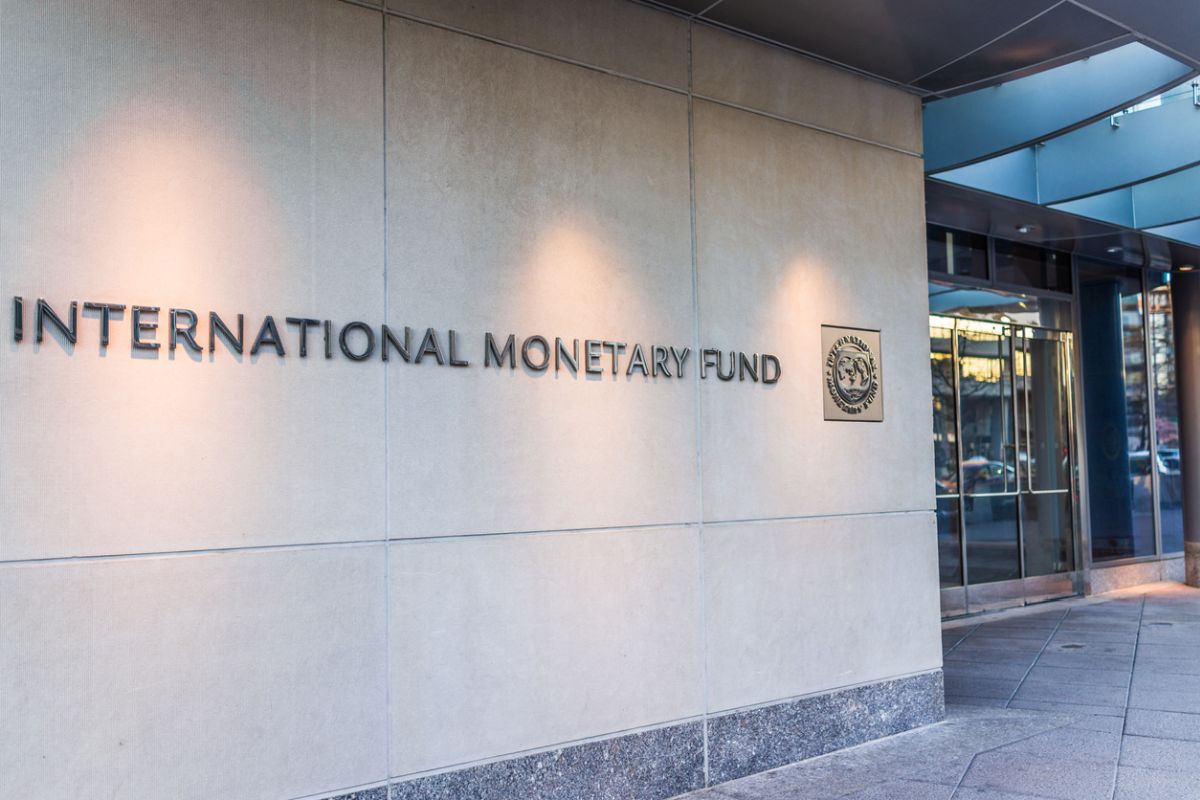The economic recovery in 2021 will see a high level of uncertainty in the first phase as vaccines get rolled out and lockdowns may become more stringent due to new variants of the virus, former IMF chief Christine Lagarde said on Monday.
“It’s still about crossing the bridge to recovery but the journey is delayed, not derailed,” Lagarde, who now heads the European Central Bank, said.
Advertisement
The eurozone is expected to grow by only about 0.6 per cent in the current quarter as against an earlier expectation of 1.1 per cent growth.
The World Bank had forecasted that most countries will fall into recession in 2020, with global GDP contracting by more than 5 per cent.
At a panel discussion on ‘Restoring Economic Growth’ during the World Economic Forum’s online Davos Agenda Summit, Lagarde said the economic recovery in 2021 will progress in two phases.
“In the first, there will be a high level of uncertainty as vaccines are produced and rolled out, and lockdown measures may become more stringent because of the variants.”
She said the 2020 fourth-quarter growth is going to be negative, which will impact the first quarter of 2021.
The second phase of recovery, where the economy is reopening, will bring its own challenges and positive developments, she added.
Those challenges would include unemployment and the strong awareness that climate change is a priority. But economies have leapfrogged in terms of digitalization, working from home has grown and tech changes are positively impacting affected sectors, Lagarde noted.
In the same panel, Peter Altmaier, Federal Minister for Economic Affairs and Energy, Federal Ministry for Economic Affairs and Energy of Germany, said we need to rely more on open markets and multilateralism.
“We are in a critical situation, with a recession worldwide, and poorer countries are suffering more. We have learned lessons from the banking crisis, we were able to re-establish supply chains,” he said.
The question is how can we encourage economic growth despite the ongoing pandemic, without further distortion of level playing fields, he added. Altmaier said he sees the recovery as an opportunity for synergies, such as greater investment in clean energy solutions to help tackle climate change.
Bruno Le Maire, Minister of the Economy, Finance and the Recovery, Ministry of the Economy, Finance and the Recovery of France said there is a need to have fiscal support during the pandemic, but also invest in new technologies.
“We have to think about the kind of economy we want to build, we want to build a sustainable economy and reduce the inequalities,” Maire said.
David Solomon, Chairman and CEO at The Goldman Sachs Group Inc, said the US needs more fiscal stimulus to bridge the gap, while there’s still enormous uncertainty.
Herbert Diess, CEO of Volkswagen AG, said we are relying on open supply chains in the future, so we have to make sure we keep supply chains and markets open.
On being fined for missing a climate target, Diess said it was a very minor amount.
“We reduced our CO2 footprint by 20 per cent and we will fulfill our targets in 2021. Volkswagen sees itself as an innovator and it sees climate targets as an opportunity,” Diess said.
Lagarde said her worry is how do we make sure that the climate-related spending that is being touted now as a pathway to growth is not just another cynical transfer of public money to consultants, lawyers and private companies.
To a question on how do we build a new economy and a recovery that recognises the importance of women’s contribution and reinforces its economic value, Lagarde said, “certainly by bringing more women to the table”.
“Various countries have demonstrated through the use of quotas, of targets and minimum, France is one that has 40 per cent of women on the board of companies,” she said.
Lagarde said progress can be made and women can do the job just as well as men.









